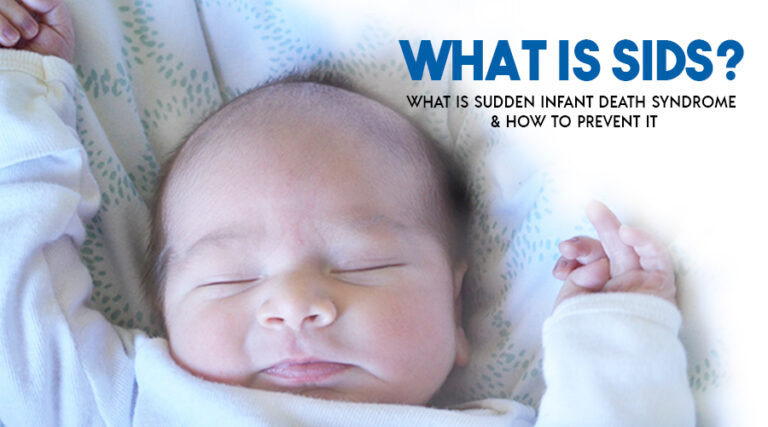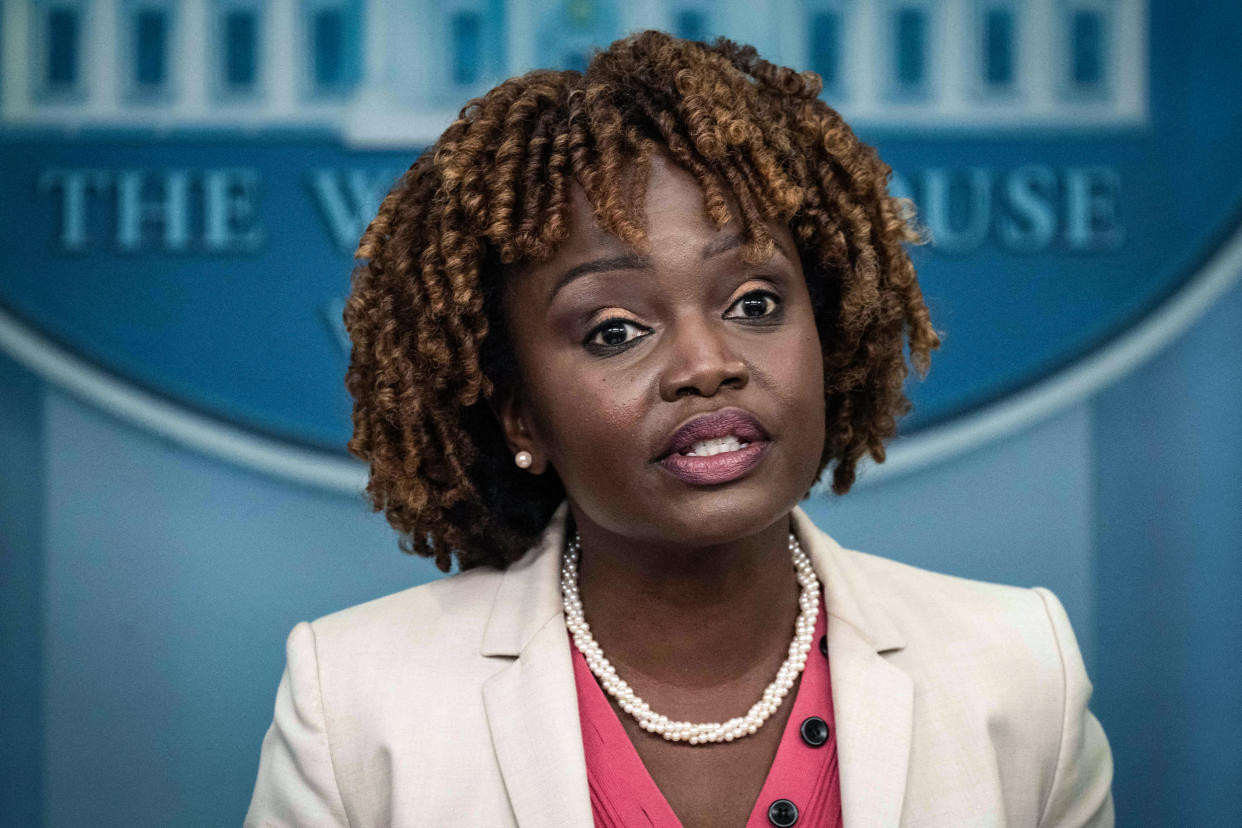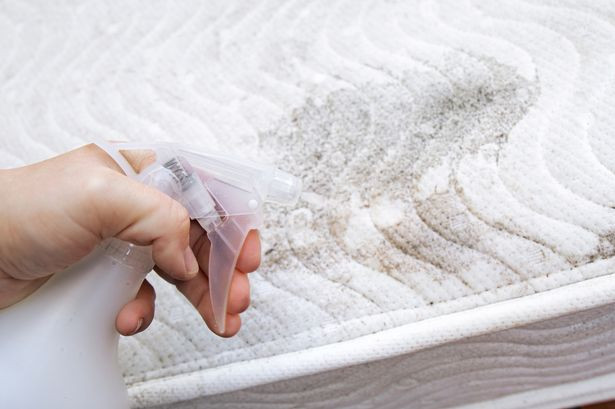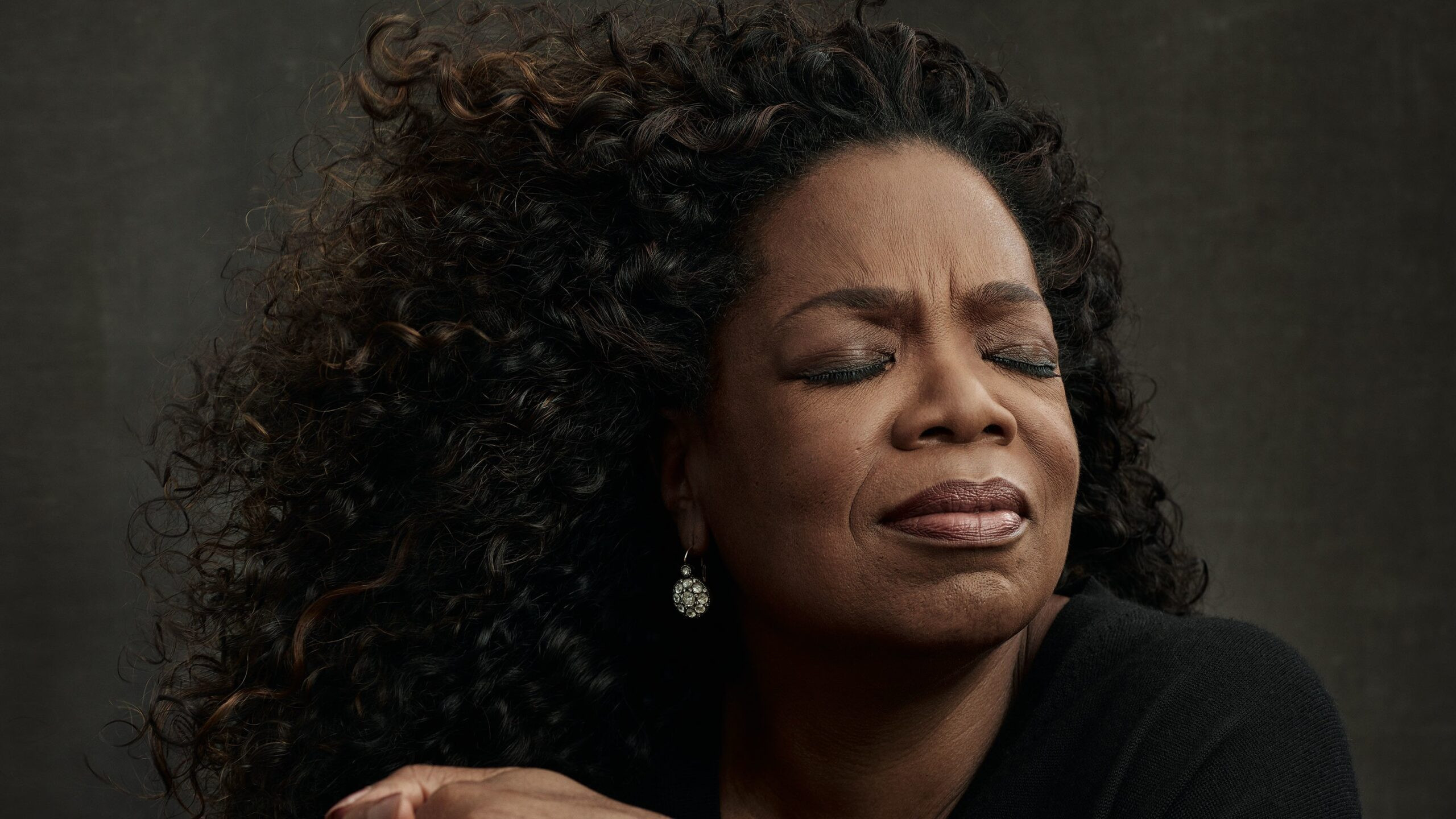A five-week-old baby died of Sudden Infant Death Syndrome (SIDS) while being carried in a sling, an inquest has heard. The coroner in the case, which came before Dublin District Coroner’s Court on Thursday, said she will write to the HSE to ensure parents are aware of the risks associated with the use of the baby carriers.
The inquest into the death of Ruadhán Bradshaw Hall, who died on December 21st, 2022, heard that a jersey sling “may or may not” have contributed to an unsafe sleeping environment in which the baby’s ability to breathe was compromised, but that this was not provable. The court heard that, on December 10th, 2022, Ruadhán was discovered unresponsive by his mother Sinéad Hall, who had been carrying the infant in a sling for some time beforehand. It was later determined that Ruadhán had suffered from catastrophic brain injuries due to a lack of oxygen.
The court heard that, on December 10th, 2022, Ruadhán was discovered unresponsive by his mother Sinéad Hall, who had been carrying the infant in a sling for some time beforehand. It was later determined that Ruadhán had suffered from catastrophic brain injuries due to a lack of oxygen.
SIDS and the Risks of Slings
SIDS is defined as the sudden and unexpected death of a baby who otherwise seems healthy during sleep. Dr Michael McDermott, who carried out a postmortem on baby Ruadhán, told the court that while it was extremely unusual, there was a known link between the use of slings and an increased risk of SIDS.
Dr McDermott, in his deposition, said that compromised sleeping positions were a factor in about half of recent SIDS cases. He stated that the risk factor increased for babies sleeping in a bed or the arms of their parents. In Ruadhán’s case, he said the sling “may or may not” have contributed to an unsafe sleeping environment. While extremely unusual, he said SIDS deaths linked to slings were the subject of published reports which were the basis of a list of advice for their use known as “TICKS.” Dr McDermott said the adoption of the advice that the best sleeping position for babies was on their back in a cot in a room with their parents was the single biggest factor in a significant reduction in SIDS cases in recent years.
A Family’s Heartbreak
Keith Bradshaw, the infant’s father, told the court that if he and his partner – who lived in Garristown, north Co Dublin – had been aware of the link between slings and SIDS then they “would have been more cautious” in using one. He asked that information around slings and the risk factors associated be more prominent for new parents.
Mr. Bradshaw described how he had given his wife, who was carrying Ruadhán in a sling, his coat to put over her sleeveless jacket because of the “arctic” weather conditions on the day. As they returned home briefly before going out to buy a Christmas tree, he claimed his wife came running in upset and screaming because there was something wrong with the baby. Mr Bradshaw said his son had turned grey and had blood coming from his nose. The inquest heard his stepson, Cillian, provided CPR to the baby until paramedics arrived.
Mr. Bradshaw also expressed concern that it had taken 27 minutes for an ambulance to arrive even though the nearest station was just 10-minutes’ drive away in Ashbourne, but crews from three stations further away had been used.
Mr. Bradshaw recalled how he and his wife initially felt relieved after their son survived the critical 48-72 hours, and they had done “a little dance of relief” after doctors had told them he would be okay. However, Mr. Bradshaw said Ruadhán’s condition deteriorated over the following days and a decision was taken to switch off his life support after he had been christened. He described the time his son was in hospital as “11 days of hell.” “It was like a war zone. It was the most wretched surreal thing,” said Mr. Bradshaw.
A Mother’s Grief
In a written statement, his wife, Sinead Hall, said she had never had any sense there was anything wrong with her baby when he was in the sling until she got home. She continued: “By trying to keep him warm and close to me, I put him in harm’s way. I will never forgive myself for that.” “The grief of losing him is unbearable but it is also a testament to how much I loved him. My heart will never heal from the loss,” said Ms Bradshaw-Hill,
A Legacy of Love
Dr Gallagher offered sympathies to the bereaved family, reiterating that Ruadhán’s passing “wasn’t anybody’s fault”, but rather a “very, very unfortunate and tragic death”. Dr Gallagher also praised the couple for how eloquently they spoke about how “a happy time had turned into an absolute nightmare.”
At the conclusion of the inquest, Mr. Bradshaw said there was not a day that goes by that they don’t think about Ruadhán. He said their baby’s death had devastated their family and badly affected his wife’s mental health. Mr. Bradshaw said their two oldest children had been diagnosed with post-traumatic stress disorder and suffered nightmares and trauma. “One of the most heartbreaking aspects of this is how very few resources there are in the State to help children come through bereavement,” he added.
Mr. Bradshaw expressed hope that something positive could result from their son’s death and informed the coroner that a charitable foundation had been set up in Ruadhán’s memory which had already raised €50,000. “It is our deepest wish that even in his passing, Ruadhán’s life can have a positive impact on others,” said Mr. Bradshaw.
Mr. Bradshaw fought back tears as he predicted that when it was his time to leave this world that Ruadhán would be “my last thoughts.”
Learning from Tragedy
Coroner Dr Cróna Gallagher said she would be writing to the HSE on the subject, to ensure that information around slings as a risk factor for SIDS and the safe usage of slings are disseminated to maternity hospitals and GPs. Dr Gallagher returned a narrative verdict into Ruadhán’s death, stating that he died from SIDS, while being carried in a sling, “which is an additional risk factor for SIDS” but not a direct cause. Dr Gallagher also said she would notify the HSE about the case and ask for the relevant information about advice for new parents to be sent to all maternity hospitals, GPs and public health nurses.
Offering her condolences to Mr. Bradshaw, the coroner said it was a very normal, natural thing for parents to want their baby close to them. She added: “It wasn’t anybody’s fault. It was a very unfortunate and tragic death.”
This tragic incident serves as a reminder of the importance of awareness and education around the potential risks associated with baby slings. As the coroner highlighted, it is crucial that parents are provided with clear and accessible information to ensure they are equipped to make informed decisions regarding the safety of their infants.
The Bradshaw family has turned their grief into a powerful force for good, establishing a charitable foundation in Ruadhán’s memory to support other families facing similar challenges. Their advocacy will undoubtedly contribute to a more informed and supportive environment for parents, ensuring that Ruadhán’s legacy lives on through the positive change he inspires.

















